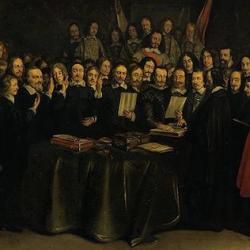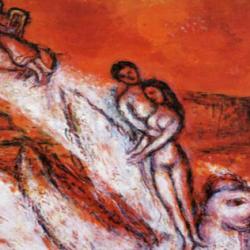Ian Hunter argues that “secularization” as “transition from divine reverencing to rational autonomy” didn’t happen during the centuries after Reformation. Confessional Christianity didn’t disappear but was more deeply entrenched during that time. “Secular” referred not to the imposition or incursion of rational atheism but to the formation of purely political institutions and legal structures designed to protect the uneasy peace of a religiously divided Germany. This did nurture the development of quasi-secular modes of analysis and reasoning, a mentality of... Read more




















